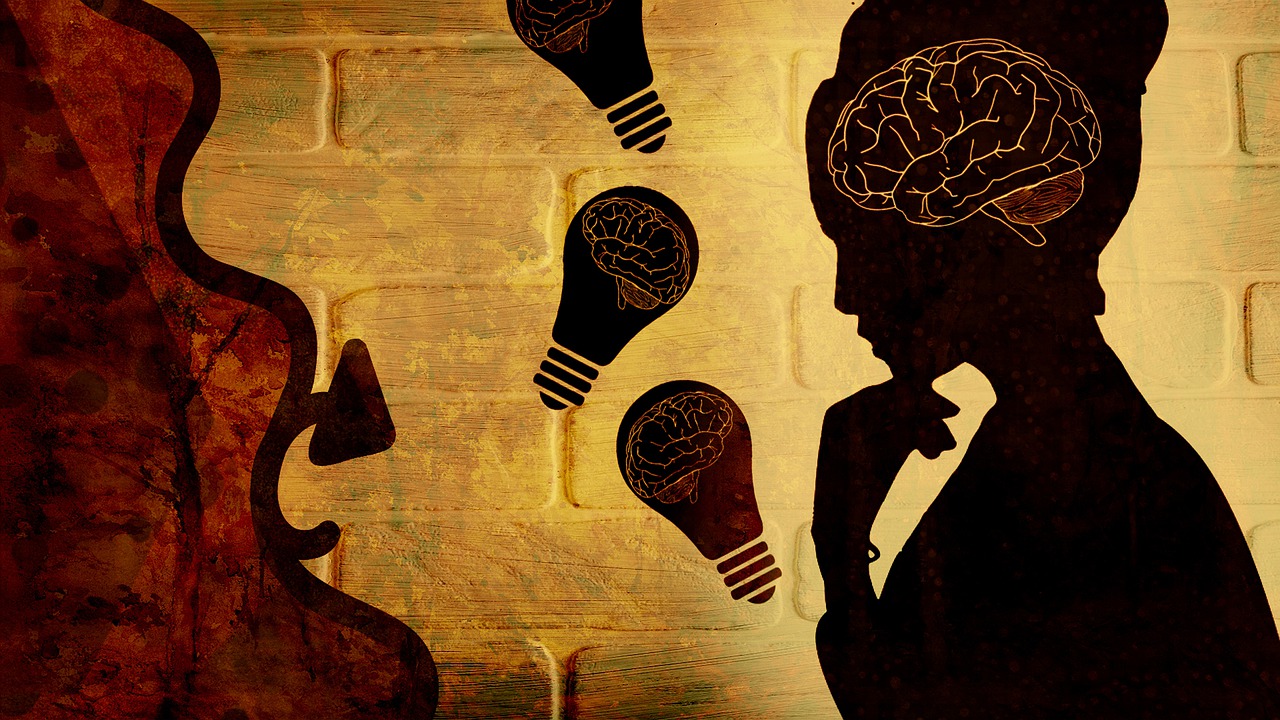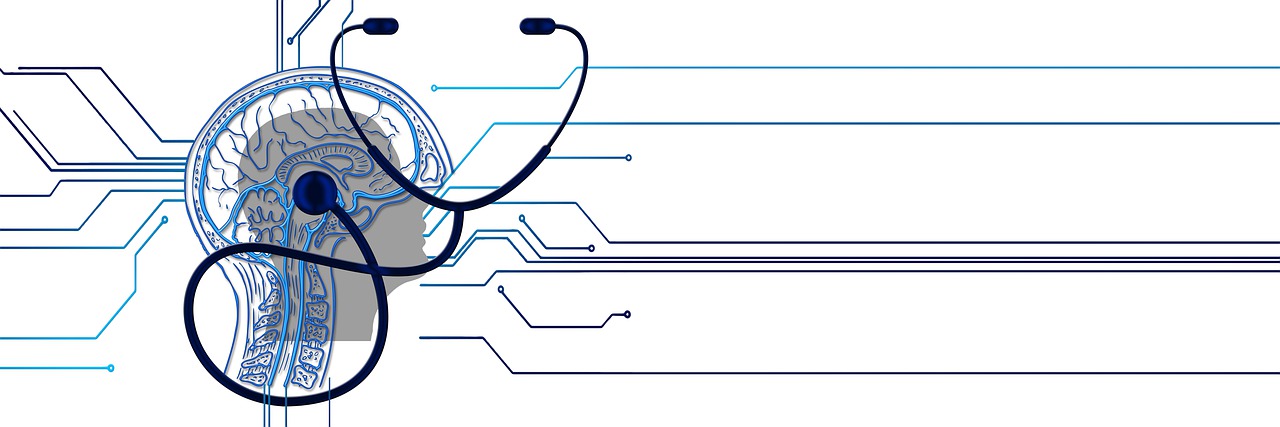
Is Employee Mental Health an Issue Handled by HR?
HR pros are faced with many tough situations during their careers. One of these challenges involves learning the signs and mannerisms that could suggest an employee is struggling with mental illness. If an HR professional isn’t trained in this topic, they may accidentally turn a neutral situation into a negative, snowballing problem.
HR plays a significant role in ending mental health stigma in the workplace because employees learn by example. If your HR staff believes those with a mental illness are unproductive or dangerous, that attitude will further complicate the public’s perception of mental health.
Empowering Mental Wellness at Work
However, the right HR staff can increase public, local, and workplace awareness, provide resources to struggling employees, and empathize with those who need it. Addressing these issues will not only improve an employee’s way of life, it may also empower them to be better in the workplace.

HR is Responsible for Being Empathetic
It’s difficult for someone to understand what it’s like to struggle with a mental disorder if they’ve never had it. Even if you have, your individual experience may differ from how others interpret and handle the same condition. The best thing you can do is try to understand that they’re struggling, be empathetic of their situation and realize this disorder isn’t their fault.
HR can’t solve everyone’s mental health issues, especially if they’re chronic or were brought on by an event in their lives. Still, receiving sympathy flowers from Bouqs or allowing employees to communicate why they’re struggling can confirm that you can be a part of their support system.
HR is Responsible for Eliminating Stigma
The stigma surrounding mental health exists due to misrepresentation, misunderstanding, and misinformation. About 26%, or 1 in 4 Americans aged 18 and older suffer from a diagnosable mental disorder. It’s very likely that one or more of your coworkers has a mental illness and is afraid to speak out because of the stigma attached to multiple disorders and medication.
Despite the fact that mental health is incredibly common, 1/3 of people who currently have a mental illness will go undiagnosed for the rest of their lives. It’s important for HR to provide neutral reactions to the news that their employees are mentally ill to increase awareness.
HR is Responsible for Increasing Awareness
Mental health problems are health problems first and foremost. No one questions the validity of a cancer diagnosis even though you can’t actually see the tumor from outside of the body. However, it’s common for people to deny or underestimate the severity of depression or anxiety. They’re often told to “power through” or “get over it”, which is insulting and demeaning.
The brain is an organ that affects every part of your body. If willpower can’t cure the flu, why would it cure depression? Teaching your workforce that mental health should be taken seriously will create a safer, stigma-free environment for those struggling with mental illness.
HR is Responsible for Providing Resources
Unless your HR staff is composed of practicing psychiatrists, they aren’t equipped to treat and diagnose mental disorders. However, they can teach others how to spot mental illness and where to go to seek help. HR can provide the right resources to employees, offer Employee Assistant Programs, and train management on how to approach mental illness in the workplace.
Once management spots mental illness, they can personally offer referrals to mental health professionals or direct them to HR. If the workspace has a Return to Work program, flexible hours, or remote work options, you can ease employee stress while they recover at home.
Authored by Sari Cada, Paradigm Digital Ltd
